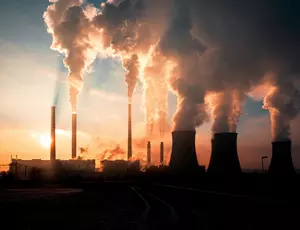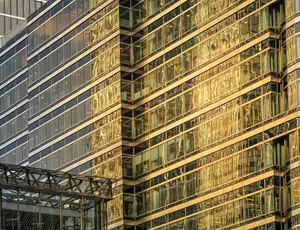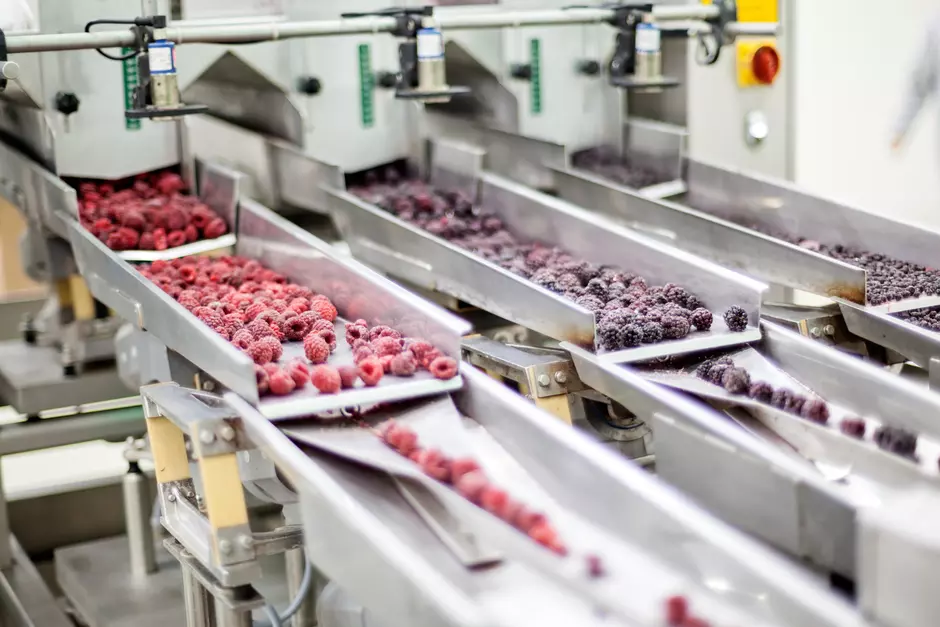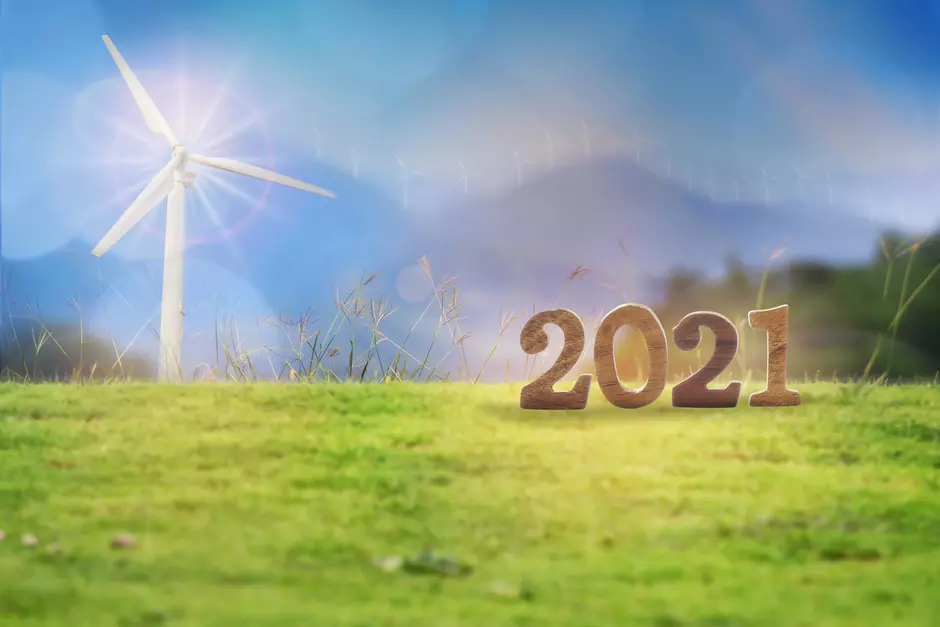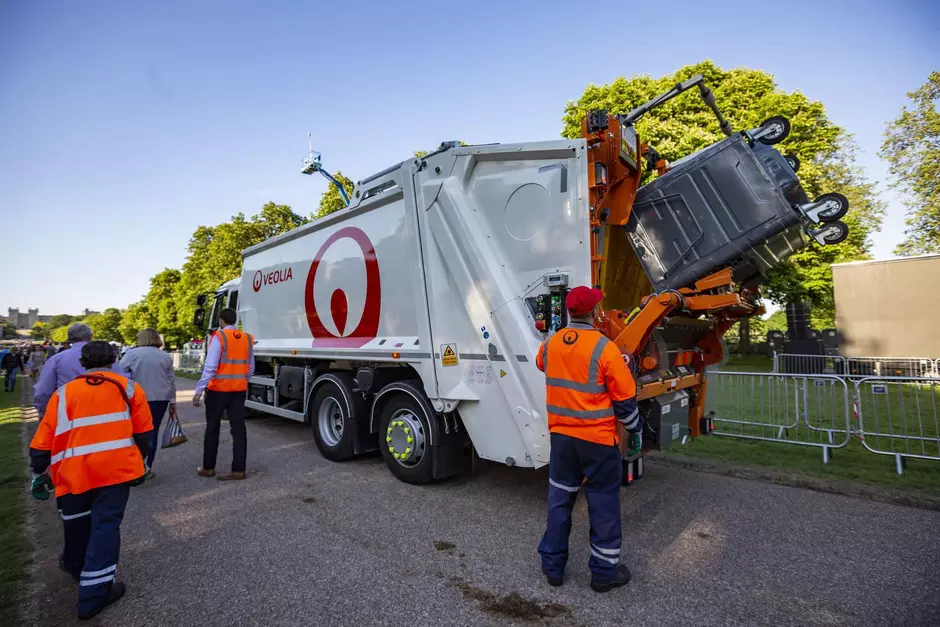Improving sustainability and protecting profitability are seemingly two conflicting priorities for businesses - but they don't need to be. Becoming greener can actually save your business money.
The clock is ticking
When things are going well for a business, there is little motivation to change infrastructure and processes in order to improve sustainability. The initial cost of new solutions or projects can outweigh the long-term benefits for those making the decisions. However, upcoming legislation updates may mean that you will have no choice but to make some sustainable changes.
Crucially, all industries have to follow guidelines laid out in the EU's BREF documents, despite the UK's exit from the European Union. These lay out clear standards for emissions and operating practices, and have to be taken into account when your business is planning to make any changes. Even if you have no changes planned, you will only have a limited time to adapt your operations, so the BREFs need to be a key priority for your business to consider. In addition, there is other legislation like the Carbon Emissions Tax which you need to make sure you are prepared for. Not meeting your legislative responsibilities can have implications in terms of cost, and in terms of public image.
Sustainable solutions that save you money
Despite the initial expenditure of some projects, they can deliver cost savings in the long run whilst helping you to hit your business's sustainability goals. Some energy upgrades, such as CHP projects or Energy Performance Contracts, are able to generate savings which pay back capital investment in two years or less. Introducing a blended energy solution can also help you to reduce emissions whilst seeing a cost benefit. Veolia can even offer funding for projects we see as valuable investments.
The same applies to other areas of the business, including waste. Ensuring waste is segregated properly enables different streams to be treated in the most cost-effective, sustainable manner. As general waste is commonly the most expensive to be treated, investing time and resource into ensuring your waste is being segregated will pay off, as this means no reusable or recyclable materials are being disposed of as general waste. Veolia can undertake full analysis of your waste streams, and develop a treatment route for each, which will benefit you in terms of both cost and environmental impact.
HOW CAN WE HELP?
We can look at various areas of your business and determine how to improve efficiency, which can in turn benefit your bottom line and help you reach your sustainability goals. Get in touch to find out more.
-Further Reading-
Considering waste, energy AND water to meet sustainability targets
When thinking about meeting your business's sustainability targets, it's important to consider the three key elements of waste, energy and water as one integrated strategy.
Five sustainable commitments your business should make in 2021
Find out more about how Veolia can help your business make, and fulfil, some green commitments in 2021
Energy solutions: finding the perfect blend
We know that food and beverage manufacturers have a multitude of targets and standards to meet - in terms of cost saving, sustainability, health and safety… All while maintaining efficiency and productivity levels.
Unlocking the value in your waste
Have you ever considered the opportunities in your waste? There is often untapped value in food and beverage manufacturers' waste and by-products, both financial and environmental.



